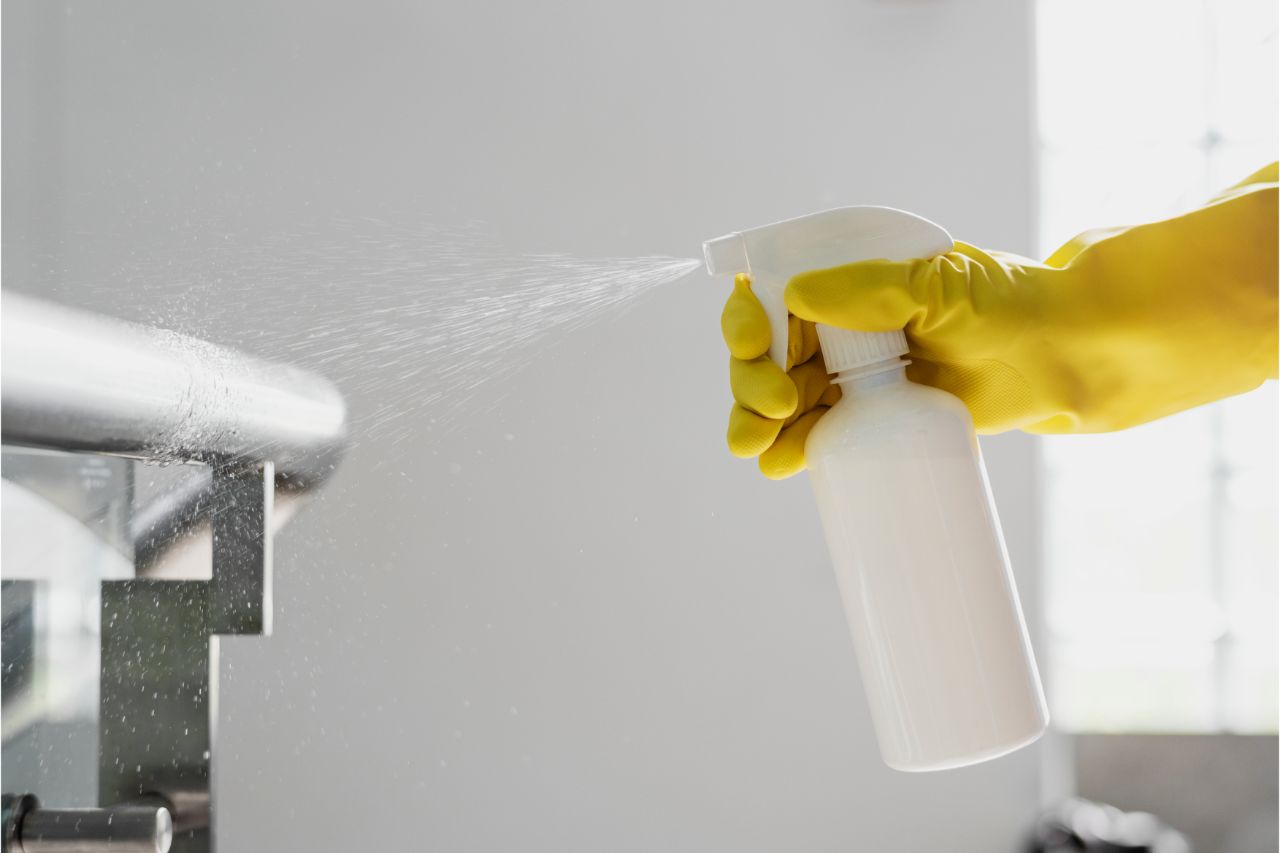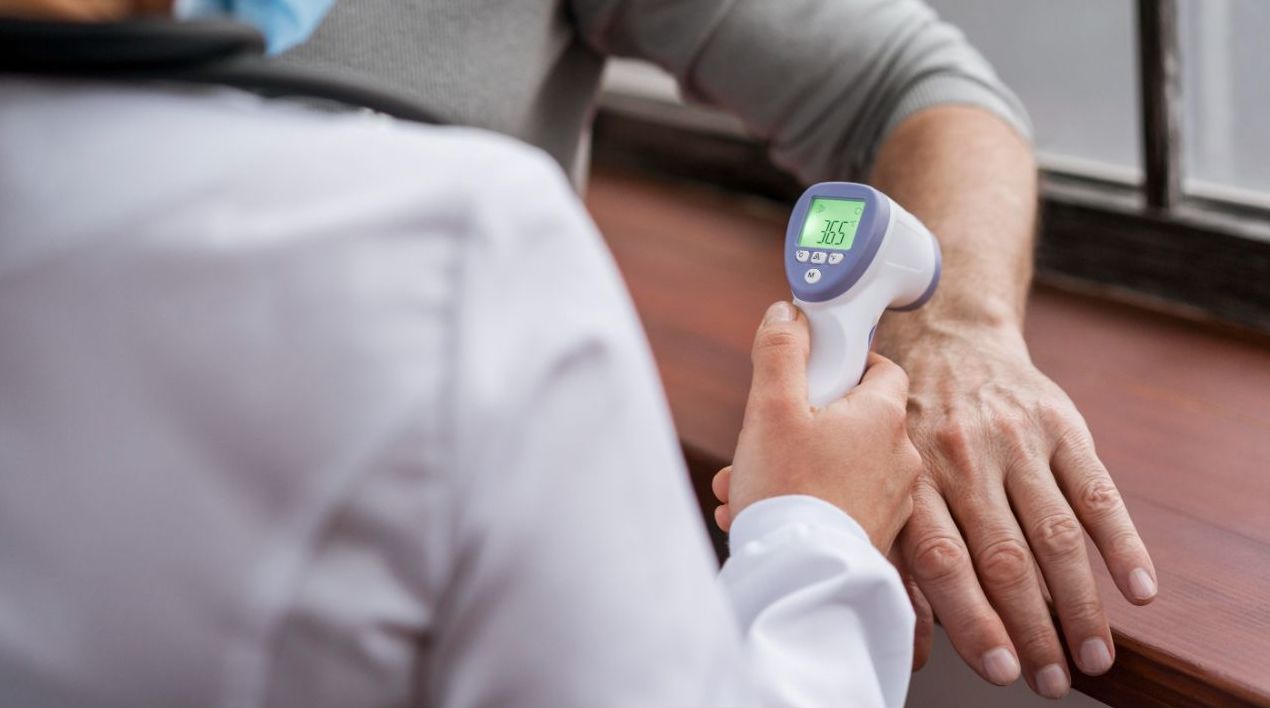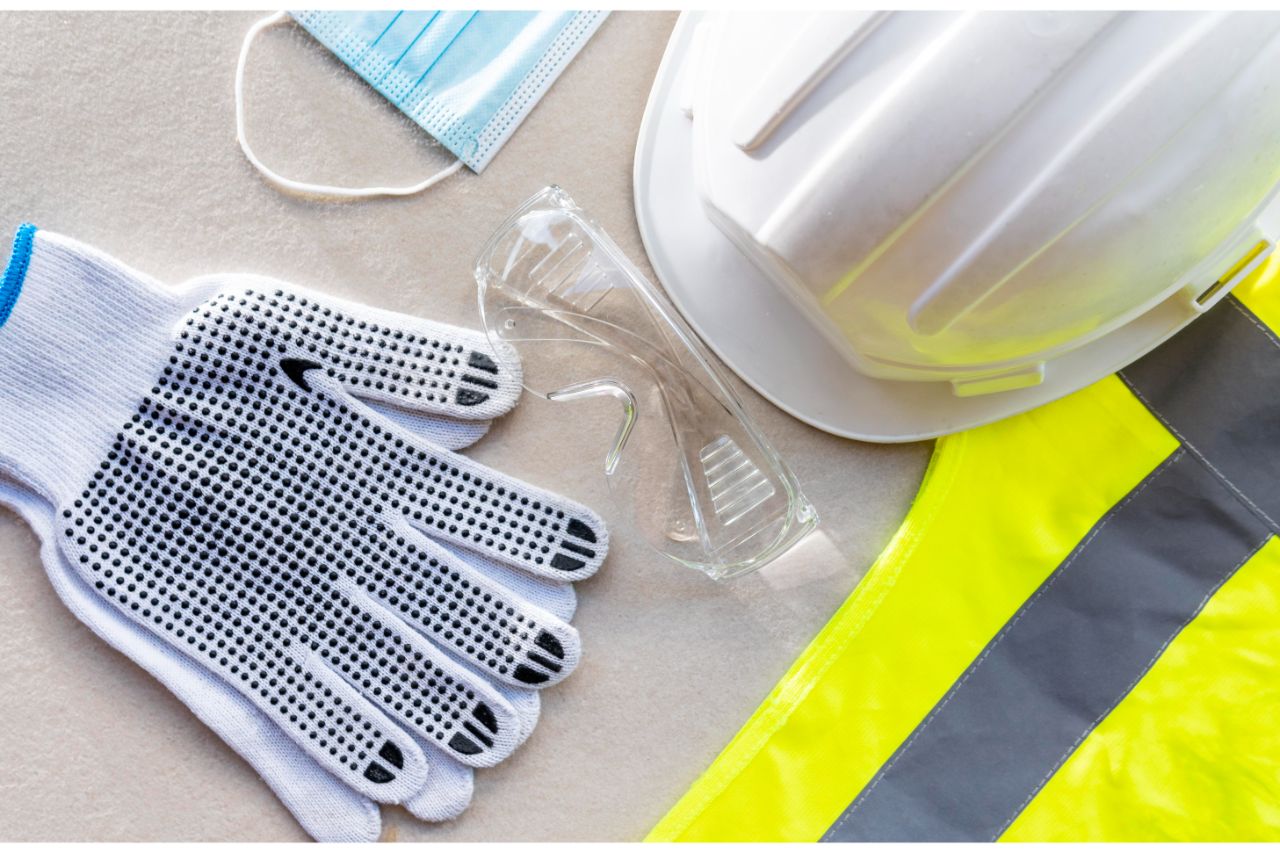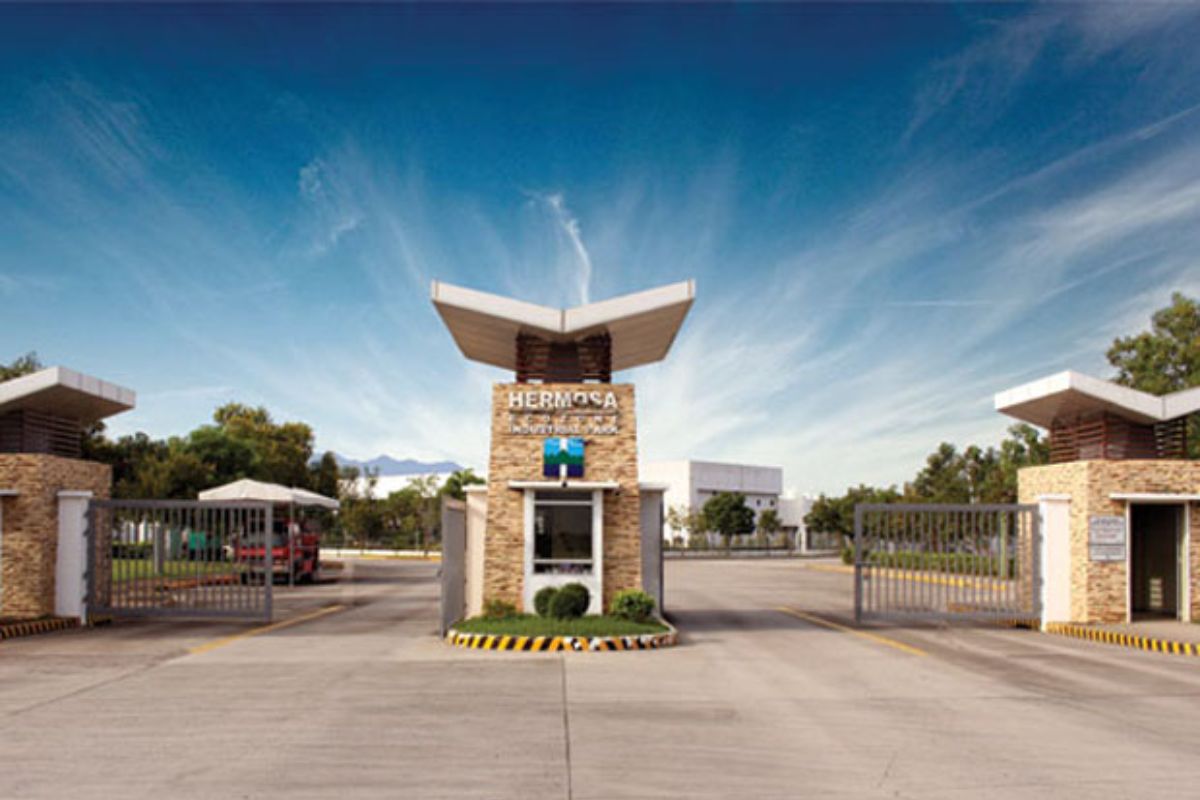What are the safety protocols in industrial parks?
- Enforcing Social Distancing
- Discouraging The Use Of Shared Equipment and Frequent Sanitation Practices
- Making Hand Washing Stations Accessible
- Implementing Temperature Checks
- Adopting Flexible Schedules and Determining Essential On-Site Workers
The COVID-19 pandemic has affected operations across various industries. While other sectors shift to a work from home setting, safety protocols in industrial parks are being implemented for the new normal.
With new cases being reported across the world, it seems the business-as-usual model won’t be coming into place any time soon. During these unprecedented times, industrial parks need to mitigate the risk of disease transmission in daily operations. Along with industrial hygiene, there is a need to identify the best operating practices to protect workforce health.
Continue reading to learn more about the key components for safety protocols in industrial parks that can be adapted during the new normal and beyond.
Enforcing Social Distancing
Keeping the advice of public health officials in mind, every facility must implement safety protocols to mitigate infection risks. During the new normal, what applies to other establishments also applies to industrial parks.
There are additions to the measures already being observed in industrial zones such as biological and chemical hazards. One of the most important being social distancing. As the coronavirus is transmitted via respiratory droplets, individuals in industrial parks must keep at least 6 feet (2 meters) between themselves and others.
To ensure employees maintain proper social distancing in industrial parks, floor markers can be used to constantly remind them where to stand. Additionally, staggered shifts can help limit the number of people simultaneously occupying a space such as cafeterias, break rooms, and workstations.
At the forefront of mitigation efforts, observing social distancing in industrial parks is a crucial part of an all-encompassing return-to-work plan.
Discouraging The Use Of Shared Equipment and Frequent Sanitation Practices

Maintaining a clean environment is one of the most essential safety protocols in industrial parks. Although sanitizing zones is already likely a part of industrial park daily operations, the need for it is further emphasized when a virus is threatening workforce health.
The New England Journal Of Medicine reported that the coronavirus can remain infectious on surfaces for days. The longest viability of the coronavirus was on stainless steel and plastic. It can stay up to 5.6 hours on stainless steel and 6.8 hours on plastic. The virus can also stay on copper for up to 4 hours. This is essential knowledge for industrial park operators as the equipment used for operations can collect respiratory droplets.
Prevent the spread of diseases by discouraging the use of shared equipment. Many employees may want to help their co-employees and letting others share supplies may seem natural. However, this is not practical during the new normal as the disease can spread through surfaces.
The study also emphasizes the importance of proper handwashing and disinfecting frequently touched surfaces. An example scenario that highlights the importance of sanitation can be applied to biometric time clocks. If this cannot be replaced with contactless time clocks, it would be best to sanitize the equipment after every use.
Making Hand Washing Stations Accessible
The World Health Organization (WHO) released a recommendation guide about the importance of making hand washing stations accessible in any public and private establishment. The coronavirus can be transferred from one surface to another by contaminated hands, which facilitates indirect contact transmission.
For industrial parks, there should be hand washing stations at entrances and even highly trafficked areas. Employees should also be obliged to wash their hands before working. When they see washing stations readily available, it would be easier for them to develop the habit of proper handwashing.
Growing research also shows that wearing masks can save lives, which means industrial parks must keep essentials on hand throughout their facilities. This includes masks, gloves, disinfecting products, hand sanitizers, and tissues.
Implementing Temperature Checks

Safety protocols in industrial parks involve ensuring employees are fit for work. This is why there should be temperature checks whenever workers enter a site, or they should be asked to fill out questionnaires to confirm they have not exhibited any COVID-19 symptoms. Some facilities are also adopting non-contact QR codes to provide efficiency in contact tracing people.
Adopting Flexible Schedules and Determining Essential On-Site Workers
Industrial park owners must take all the necessary steps to avoid infection occurrences and negatively affecting plant operations. Following the local government’s advisory, industrial parks must be able to adopt flexible working schedules and determine essential on-site workers to observe proper social distancing. Essential on-site workers refer to those individuals whom operations cannot function without such as boiler operators, lead electricians, maintenance mechanics, and wastewater treatment engineers.
If an employee’s role can be shifted to remote work, they should be allowed to do so. Create schedules to isolate personnel from each other and avoid close contact. If possible, industrial parks should work with skeleton crews.
You can also plan for sending workers home if they mention feeling sick. If employees are assured they will be accommodated to leave early, they would be more willing to do so. What’s extremely concerning about the COVID-19 is that you can never pinpoint if someone is asymptomatic. Adopting a flexible schedule and determining essential on-site workers is a small price to pay when it comes to ensuring everyone’s health and preventing the loss of all key personnel at the same time.
Key Takeaway
These are some of the most effective ways to observe safety protocols in industrial parks. To adapt to the new normal, taking the necessary health precautions is a must to keep operations healthy and productive.
At the Science Park of the Philippines (SPPI), we are prepared to implement safety protocols for your business operations. If you want to inquire more about what our industrial parks can provide you today, click here.



